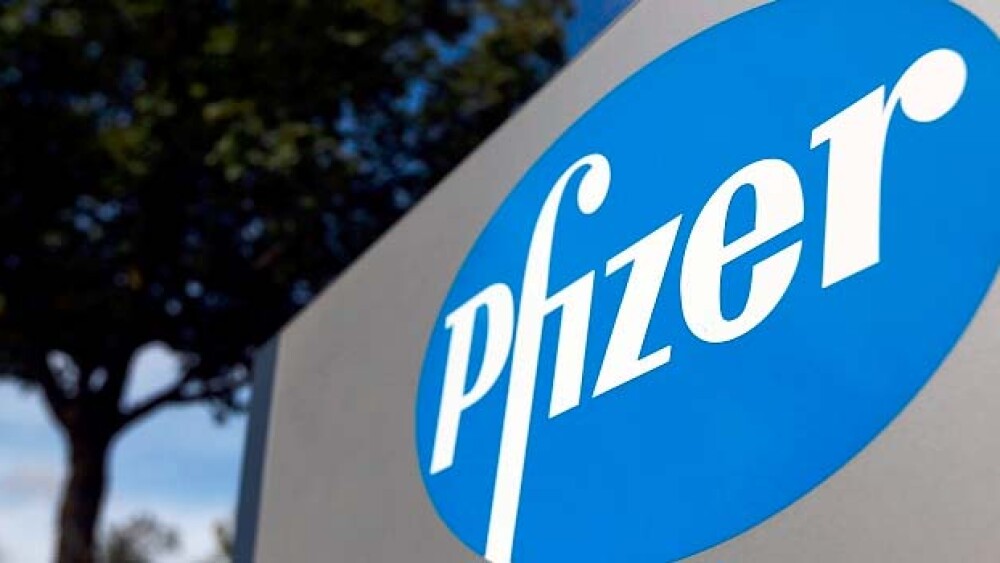During its financial report this morning, Pfizer released an update of its pipeline which includes the discontinued projects.
Pharma giant Pfizer started January with news it was abandoning research and development of new neuroscience programs that included potential therapies for Alzheimer’s and Parkinson’s. That announcement was accompanied by news that up to 300 jobs would be terminated.
During its financial report this morning, Pfizer released an update of its pipeline which includes the discontinued projects. In the field of neuroscience, the company said it was terminating eight different projects. Two of the eight are in Phase II while the other six are in Phase I. The two Phase II projects terminated are PF-06372865 for Epilepsy and PF-06649751 for Parkinson’s disease.
Four of the Phase I projects discontinued targeted Alzheimer’s disease. The other two Phase I candidates were for treatments of cognitive disorder and schizophrenia.
When Pfizer announced its plan to eliminate the neuroscience R&D ahead of the J.P. Morgan Healthcare Conference, the company said it was part of an “exercise to re-allocate spend across our portfolio.” Pfizer said the company wanted to use its resources in areas where its “pipeline and scientific expertise” is strongest. That statement indicates that Pfizer doesn’t see much potential for financial return from these neuroscience projects.
Developing treatments for Alzheimer’s has proven to be costly and mostly futile as multiple therapies have underperformed in Phase III development. Last week, Takeda became the latest in a line of companies to announce a failed Phase III trial. Takeda along with its developmental partner Zinfandel Pharmaceuticals pulled the plug on the trial following an interim analysis of data. The same day Eli Lilly published data from its failed EXPEDITION3 trial that casts doubt on the amyloid beta plaque theory of Alzheimer’s. Lilly said it could not validate findings from earlier trials that its drug solanezumab could slow down cognitive decline.
In addition to the eight neuroscience programs, Pfizer terminated four oncology programs, including a Phase III studying Bavencio as a third-line treatment for gastric cancer. The company also terminated a Phase I program for Non-Alcoholic Steatohepatitis (NASH). The program was studying a myeloperoxidase inhibitor for treatment of the liver disorder.
While Pfizer has pulled the plug on new neuroscience R&D, the company indicated it intends to launch a new venture fund focused on neuroscience research. That will work alongside the Dementia Discovery Fund, a venture capital fund that Pfizer has invested in. That fund launched in 2015. In addition to Pfizer, GlaxoSmithKline and Eli Lilly are also investors.





